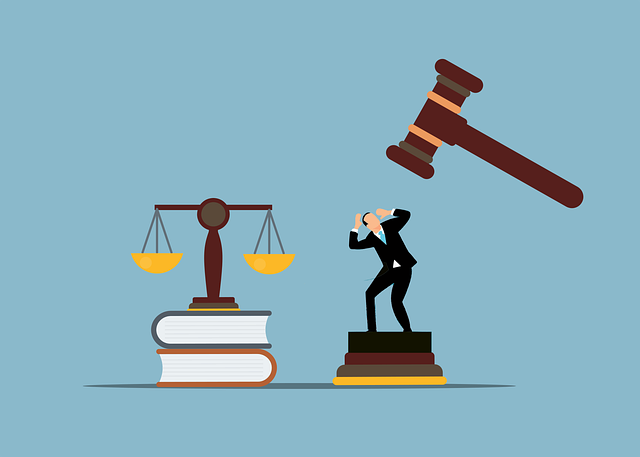Global dog bite compensation laws vary greatly, shaped by cultural perspectives, regional legislation, legal expertise availability, and economic factors. These laws balance victim protection and pet owner accountability, offering strict liability for fair compensation or requiring proof of malice/negligence. Understanding these disparities is vital for navigating complex claims, whether locally or internationally, especially with the help of a personal injury lawyer to ensure adequate compensation.
Dog bite compensation laws vary widely across locations, creating a patchwork of legal protections for victims. This article explores the global landscape of dog bite legislation, delving into the factors that influence compensation variations from place to place. We examine how these laws impact both pet owners and victims’ rights, shedding light on the complexities surrounding dog bite incidents and the uneven access to justice worldwide. Understanding these disparities is crucial for advocates and policymakers aiming to ensure fair and consistent protection for all.
- Understanding Dog Bite Laws: A Global Perspective
- Factors Influencing Compensation Variations
- The Impact on Pet Owners and Victims' Rights
Understanding Dog Bite Laws: A Global Perspective

Dog bite compensation laws vary significantly around the globe, reflecting diverse cultural attitudes towards dog ownership and liability. In some countries, strict liability laws mandate that pet owners are held responsible for any harm caused by their dogs, regardless of the circumstances. These laws aim to protect victims and ensure they receive fair compensation for medical expenses, pain, and suffering. Conversely, other jurisdictions follow a more stringent standard, requiring proof of malice or negligence on the part of the dog owner before awarding damages.
This global disparity in dog bite legislation underscores the varying approaches legal systems take when addressing commercial disputes and partnership disputes involving animals. Just as auto accident attorneys advocate for victims’ rights, advocates for animal law and public safety push for laws that hold owners accountable for their pets’ actions. Understanding these differing perspectives is crucial for navigating the complex landscape of dog bite compensation, both locally and internationally.
Factors Influencing Compensation Variations

Variations in dog bite compensation laws across different locations are influenced by a multitude of factors. One key factor is the dog bite compensation legislation specific to each region, which can range from strict liability laws to more nuanced rules that consider specific circumstances. These legal frameworks often reflect societal attitudes towards animal ownership and public safety. For instance, states with stricter liability laws tend to place a higher burden on dog owners to ensure their pets’ safety, potentially leading to higher compensation for victims.
Another influencing factor is the availability of legal representation and the complexity of individual cases. In regions with a history of complex commercial disputes or unique legal precedents, dog bite cases might be handled differently due to experienced truck accident attorneys and specialized legal expertise. This can result in variations in compensation amounts based on the perceived value of the case and the resources available to both parties. Additionally, local economic conditions and healthcare costs can indirectly impact compensation levels, as these factors are considered when determining fair reimbursement for medical expenses and pain and suffering.
The Impact on Pet Owners and Victims' Rights

Dog bite compensation laws play a crucial role in protecting both pet owners and victims’ rights. In many jurisdictions, strict liability laws hold dog owners accountable for their pets’ actions, regardless of negligence or prior knowledge of aggression. This ensures that victims of dog bites receive fair compensation for medical expenses, pain, and suffering. On the other hand, it places a responsibility on pet owners to ensure their dogs are properly trained and supervised, potentially deterring irresponsible ownership.
For victims, navigating personal injury claims related to dog bites can be challenging. They may face significant financial burdens from medical treatments, especially if the bite leads to long-term disfigurement or disability. A personal injury lawyer can help victims understand their rights and guide them through the process of seeking accident settlements, ensuring they receive fair compensation for their suffering and any lasting impacts.
Dog bite compensation laws vary globally, reflecting a complex interplay of cultural attitudes towards pets, legal traditions, and community values. These variations have significant implications for both pet owners and victims’ rights, shaping how disputes are resolved and the level of protection afforded to those injured by canine attacks. Understanding these differences is crucial in navigating the complexities of seeking dog bite compensation, ensuring fair outcomes for all involved.






